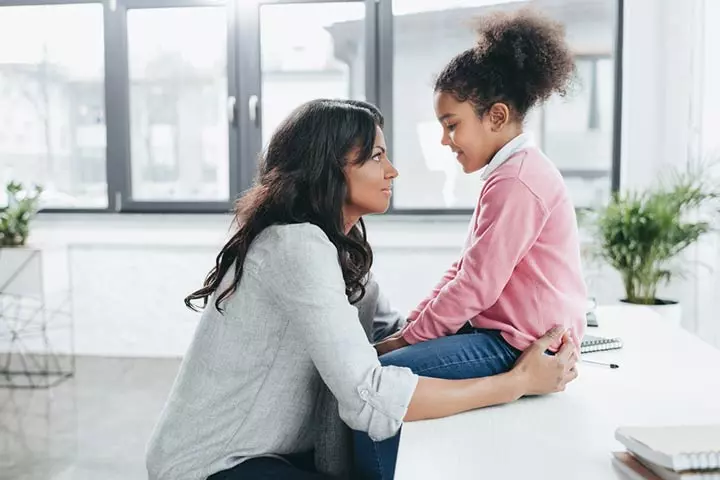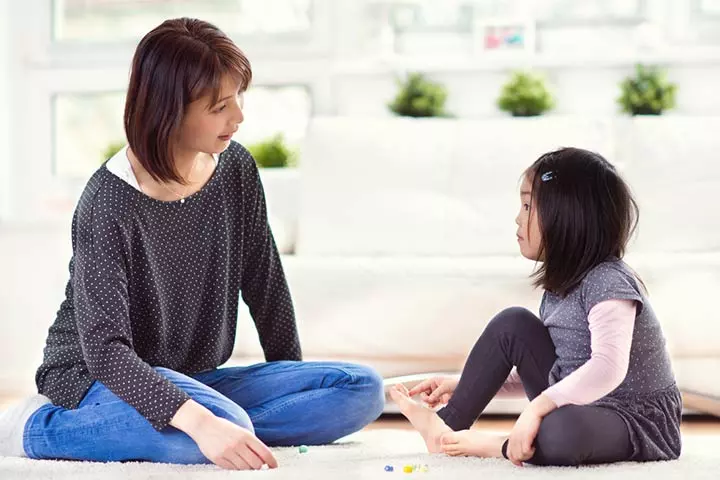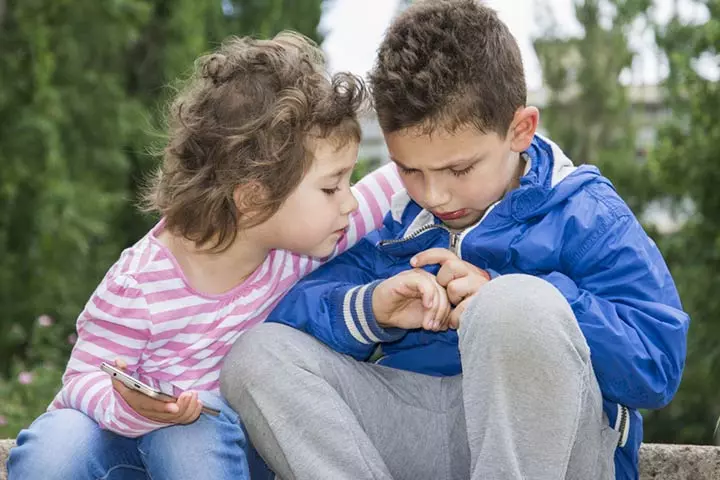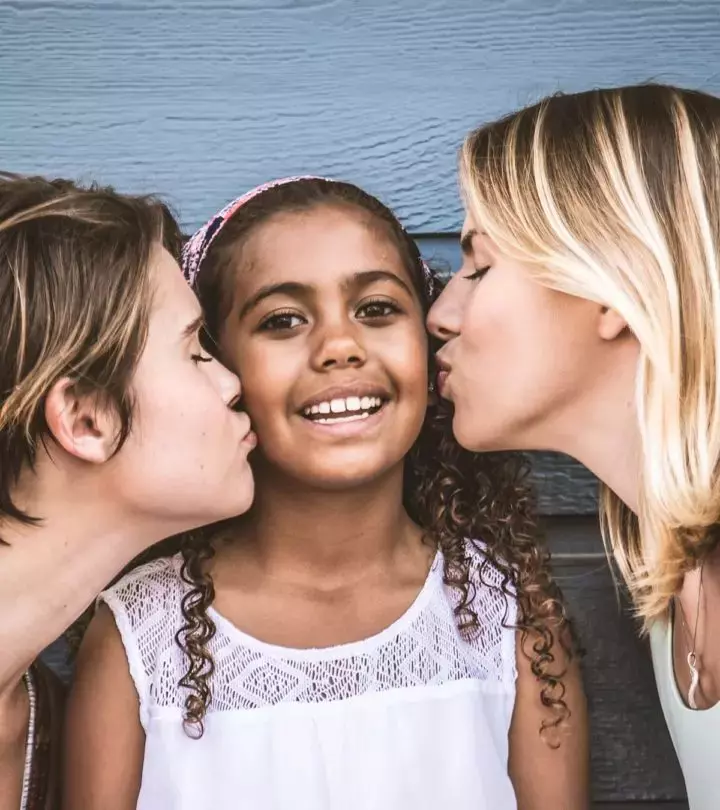

Image: Shutterstock
When you’re handling a couple of kids at home along with a partner and a 9 to 5 job, you can’t help but be a 24×7 disciplinarian on watch duty, ensuring everything goes right. But here’s the thing. You don’t really have to be a stickler for rules all the time. We mean, yes, you still have to sail this ship and be its forever reliable captain. But you have to take into account that your kids can be your allies too.
How?
By inculcating a sense of empathy in your children.
Empathy is key to fostering a sense of understanding of both the good and the bad in the world as well as building allies. When your children are empathetic, they have an easier time accepting the differences around them and forming allyships of their own.
Here’s how you can inculcate a sense of allyship and empathy in your children:
1. Do Some Self Introspection
Image: Shutterstock
It’s no surprise that kids learn how to behave from their parents. From emotions and habits to their view of the world, everything is influenced by who you are and what you do.
The modeling and guidance that comes from you, along with how you respond to their actions and behaviors, determines how your kid navigates their way through the world.
So if you want them to develop empathy and understanding, you have to watch your own behavior, question it, and find out if you’re on the right track. Ask yourself — do you have biases your kids might pick up? Do you have a diverse social circle? Do you often talk about other cultures at home? Do you avoid certain topics because you’re not comfortable?
Answers to these questions can help you find out if you have any implicit biases you may be passing on to your children. Luckily, research says any kind of harmful beliefs can be changed, thereby reducing your chances of passing on the wrong traits to your children (1).
2. Discuss Things With Your Kids Frequently
Image: Shutterstock
Start having discussions early. Having an honest two-way dialogue with your kids on culture, diversity, and empathy can help build a strong foundation of tolerance.
According to a study, children learn how to identify skin color and the differences by the age of 6 months (2). By the time they become toddlers aged 2-4, they begin internalizing biases on the basis of race. In fact, by 5, they can comprehend negative remarks and stereotypes ascribed to their race.
Hence, speaking to them about the differences between races and cultures can help them understand these dissimilarities better, so they accept others just as they are. It’s important to instill in them qualities of compassion and never leave their questions unanswered.
3. Teach Them Via Books, Toys & More
Image: Shutterstock
Cultural differences abound in every sphere of life — meaning there are many avenues to learn from. From books and toys to art and food, different cultures have different variations of each. And talking about this diversity can help your children appreciate it.
You can use the traditional stories of the culture to serve as wonderful talking points of their appearances, language, and habits, thus initiating an appreciation for them in the minds of your children.
4. Recognize And Remove Biases Your Kids May Have
Image: Shutterstock
It’s possible for your children to pick up stereotypes elsewhere through social interactions with others. If you notice your kid adhering to a bias, recognize it and correct it before it turns into a well-formed idea. However, don’t be too harsh. Use this opportunity to teach them the concept of diversity and the importance of acceptance of it. Hear their side first and rectify anything you find problematic.
5. Encourage Empathy Every Time
Image: Shutterstock
Children have a natural sense of empathy (3). However, it’s still important to nurture it as much as you can. Why? Because kids with empathy have the capacity to understand others’ feelings as they often share the same experiences. They learn the skill to view the issue at hand from both sides, consequently learning how to respect and build healthy relationships.
To ensure your kid is empathetic, you’ll have to encourage them to be open about their feelings and give those feelings identifiable names. As parents, it’ll be your job to be patient with your kids, showing them what empathy feels like through example.
6. Create A Model Of Allyship
Image: Shutterstock
At the end of the day, the onus is on you. If you want your kids to grow up as socially conscious adults full of empathy, you have to be their model. So if you support causes (vocally and actively), donate to nonprofits, engage in volunteer work, or participate in protests — you’ll have to show your child this side of you, letting them know why you do any of it. They’ll know what you’re doing and would want to emulate that behavior one day.
Instilling a sense of empathy and tolerance in your children might feel like a challenge in today’s world. But if you do everything you can to be the person you want them to be, the road might feel simpler than before.
Community Experiences
Join the conversation and become a part of our nurturing community! Share your stories, experiences, and insights to connect with fellow parents.


















